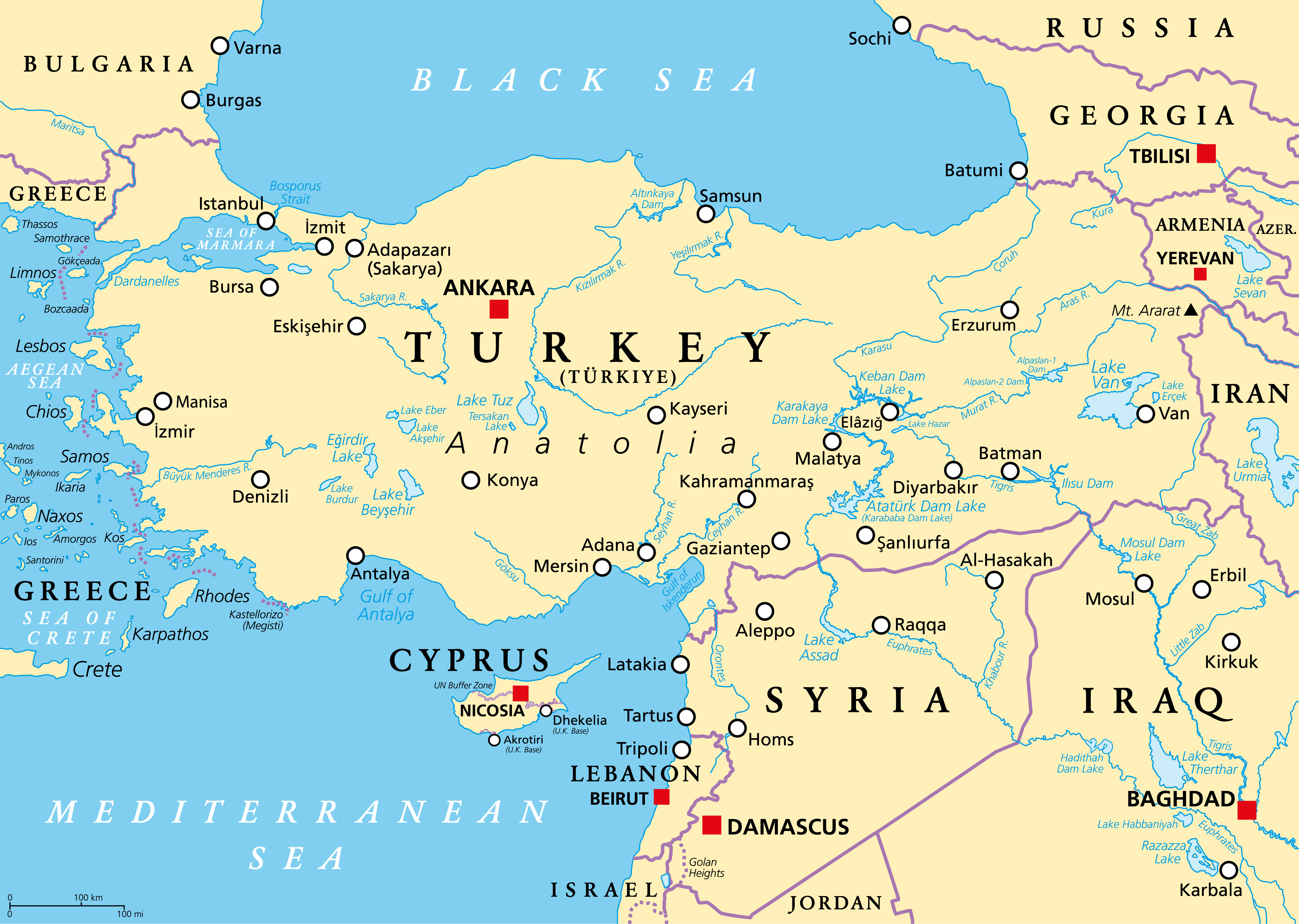Language Information
Turkish, the official language of the Republic of Türkiye (also known as Turkey), is spoken by over 80 million people and is also one of the languages on the critical language list for the U.S. State Department.
Turkish is the largest member of the Turkic language family. Speakers are located predominantly in Turkey, with smaller groups in Germany, Bulgaria, Macedonia, Northern Cyprus, Greece, and other parts of Eastern Europe, Caucasus and Central Asia.
Turkish is an agglutinative language which has cases, but no gender or complex grammatical combinations. Word endings combine to give listeners tense, number and subject. The roots of the language can be traced to Central Asia, with the first known written records dating back nearly 1,300 years. To the west, the influence of Ottoman Turkish—the variety of the Turkish language that was used as the administrative and literary language of the Ottoman Empire—spread as the Ottoman Empire expanded. In 1928, as one of Atatürk's Reforms in the early years of the Republic of Turkey, the Ottoman script was replaced with a Latin alphabet. Concurrently, the newly founded Turkish Language Association initiated a drive to reform and standardize the language.
At Indiana University, Turkish is available at the introductory through advanced levels by the Department of Central Eurasian Studies. During the summer, intensive online classes are available through the Language Workshop.
More resources can be found at IU through the Inner Asian & Uralic National Resource Center.



